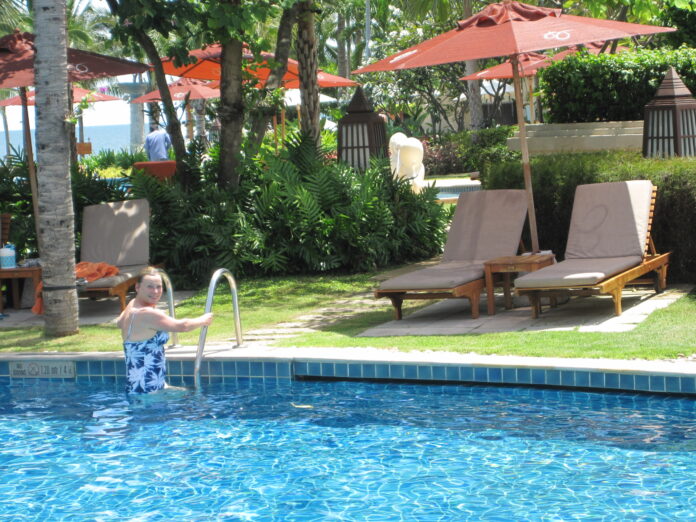The plans of many destinations for restarting international travel are “unrealistic” and reopening in 2021 will “be a huge challenge”, the head of the Pacific Asia Travel Association (PATA) has warned.
Mario Hardy, PATA chief executive, told a CAPA Centre for Aviation online summit “people were too ambitious”. He singled out Thailand, where PATA is based, for particular criticism.
Hardy reported control of Covid-19 had deteriorated in the Asia-Pacific region in the past two months.
He said: “We were more optimistic a few months ago. Now countries around the region are not so optimistic. In Thailand, the restrictions are back on.
“Bangkok is in complete lock down for the next two weeks at least, possibly more, because the number of cases and deaths keep rising.
“Singapore just found a new cluster and is putting restrictions on again. The travel bubble between Singapore and Hong Kong is on and off. India is having a really challenging time and many countries are stopping access to India.
“In Japan, there will not only be no international visitors at the Olympics, now they are saying there won’t be an audience at all.
“China is doing fantastically well. There were record numbers of travellers and spending at the May holiday. But China is closed. You can’t travel out or in.”
Hardy argued: “The intention to travel is still there, but it’s not going to happen to the time line people expected. People were too ambitious with their goals – Thailand specifically with its goal of opening by July 1 when less than 0.1% of the population has been vaccinated. It is unrealistic.”
Australia and New Zealand opened a ‘travel bubble’ in April although parts of this have since been suspended because of Covi-19 outbreaks.
Hardy noted: “The number of cases in Australia and New Zealand are minimal at the moment. That is the key to opening a bubble. For other destinations around the region where so few people are vaccinated it’s going to take much longer to re-open.
“A 2021 restart for most destinations will be a huge challenge.”
The problem is not a scarcity of vaccines, he said, arguing: “Most countries in Asia have acquired sufficient vaccines but have a different pace of vaccinating people. That is the issue in Thailand, which has vaccines and has a lot more on order but has not started mass vaccination yet.
“Most countries in the region have vaccines. We hope countries realise it is important to accelerate this.”
Subhas Menon, director general of the Association of Asia Pacific Airlines (AAPA), agreed, telling the CAPA summit: “There was an air of optimism two months ago mainly because of vaccines.
“But vaccine deployment in the region, with the exception of Singapore where 25% of the population have already received two doses, is below 10% even in Australia. That is one reason why the mood is more despondent.
“In addition, two mutant variants are circulating so many countries have slammed down border restrictions.
“Just two or three months ago things looked better. We had the announcement of the Hong Kong-Singapore bubble scheduled for May 26. But with the Singapore cluster and Hong Kong’s shut down of a residential area. they are saying ‘We can’t go further until we get things under control’.”
He noted: “Countries able to control the virus are in better shape but are in no mood to re-open their borders.”
Menon added: “The other problem is the multiplicity of restrictions. It’s not possible yet to get any sort of multilateral agreement on how to re-open borders.
“The only way you can do it is by bilateral discussions and travel bubbles. But travel bubbles are only going to take place between places where the virus is under control and the population has been immunised.”


























